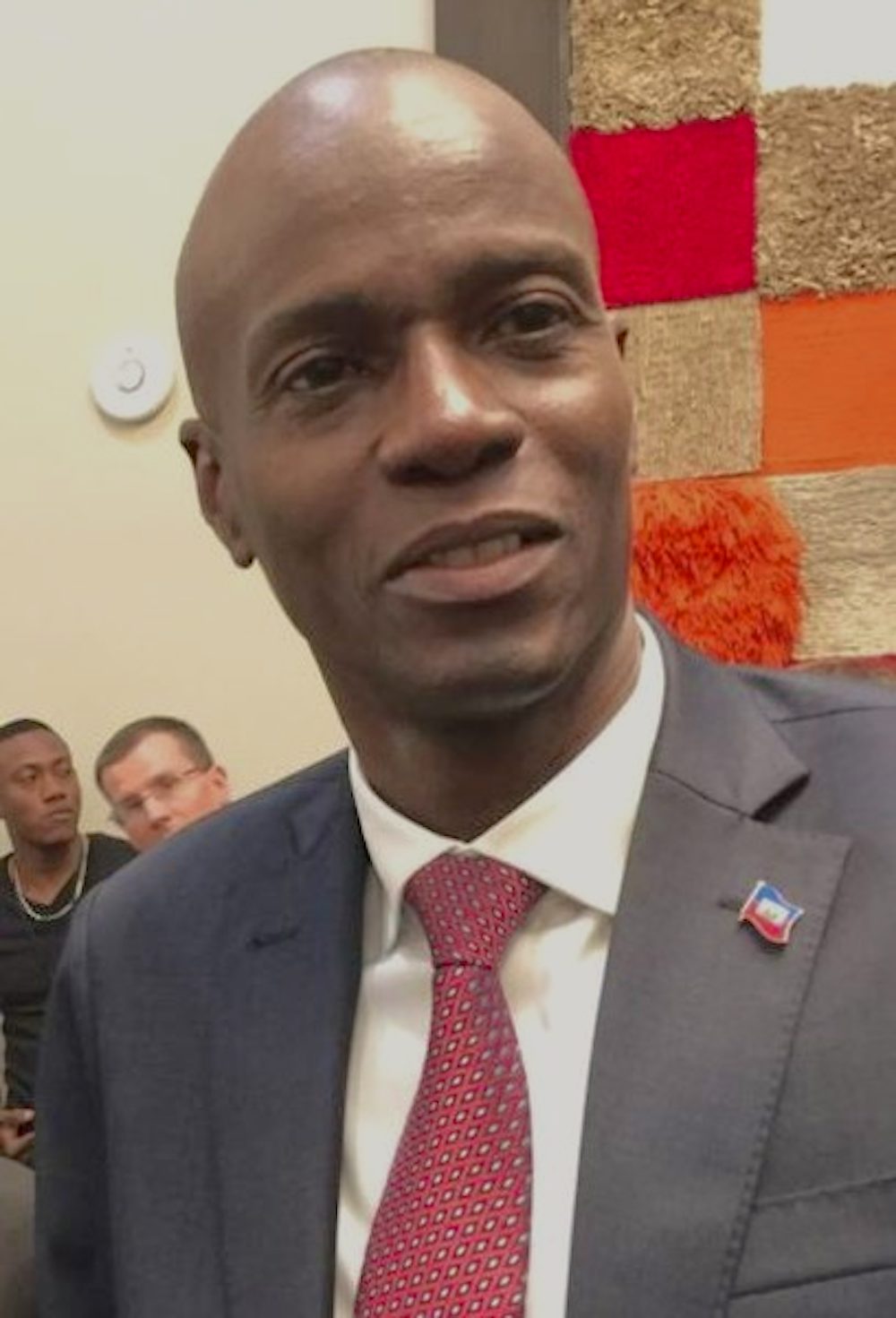For more than a year, embattled Haitian President Jovenel Moïse has held on to his office despite accusations of corruption and calls for him to step down. Now, fuel shortages and rising prices are worsening an already tense political climate. More than 40 people have been killed in violent and fiery political protests that have shut down many schools, businesses and hospitals. Heifer International’s Haiti team oversees agricultural projects across the country, but fuel shortages and a breakdown in basic services like electricity, internet and phone lines are making development work all but impossible. Heifer Haiti communication officer, Claire Pressoir, gives context to the situation.
Can you explain the political situation in Haiti right now?
It's been two years since Haiti [became a] theater of rioting against rising oil prices and corruption. Gradually, [it has] turned into a cry of anger against the president, Jovenel Moïse, who is [being pressured to leave the position]. Anti-Moise protests are multiplying, accusing him of corruption and [being] unfit [to] the head of the country. Generally accompanied by acts of violence, these popular movements are often followed by long paralyses of activities [nationally], and this sudden cessation is called “country lock” or “operation lock.”

Supported by the international community and by a fringe of the economic elite, the president invited the opposition to dialogue, but the option was refused by the latter, which, despite some apparent efforts from the government, continues to demand [Moïse’s] departure. In the meantime, the sociopolitical climate is rapidly deteriorating, schools have been closed for two months, inflation is in full swing, and many local and international companies have been forced to close their doors, which, it goes without saying, greatly affects the low percentage of the population with access to employment.
It should be emphasized that sociopolitical crises are not new in Haiti; however, this one is distinguished from the others by the [participation] of young people in the fight against the corruption, [especially] through social networks [as well] as in the various cities of the country.
How is this crisis affecting everyday life for the Haitian people?
This situation affects the life of the population on several levels. Schools are closed. Businesses slow down or close their doors, causing an increase in unemployment. Public services, including hospitals, have greater difficulties in meeting the needs of the population. The capital, Port-au-Prince, is [increasingly insalubrious], which has an impact on the health of the population. [There is a general feeling] of gloom or anger. [People cannot plan even in the medium-term].
How Is this crisis affecting Heifer International’s work in Haiti?
The work of Heifer Haiti is very much affected by this situation. The projects are slow, and this has repercussions for the beneficiaries who cannot receive the resources promised in time or who see the distributions stopped. This situation has negative consequences for both the beneficiaries and the suppliers, who see the cost of maintaining animals increase significantly. The activities of the staff are limited and/or usually carried out in situations of high stress. The level of alert usually remains high, and most of the time office workers have to perform their tasks from home when conditions (internet, electricity) [allow]. The leadership of Heifer Haiti prioritizes the safety and well-being of employees who, like the rest of the population, are affected by the situation.
Your thoughts and prayers for the future of Haiti are welcome.